Focus
Your Present Location: HOME> Focus-
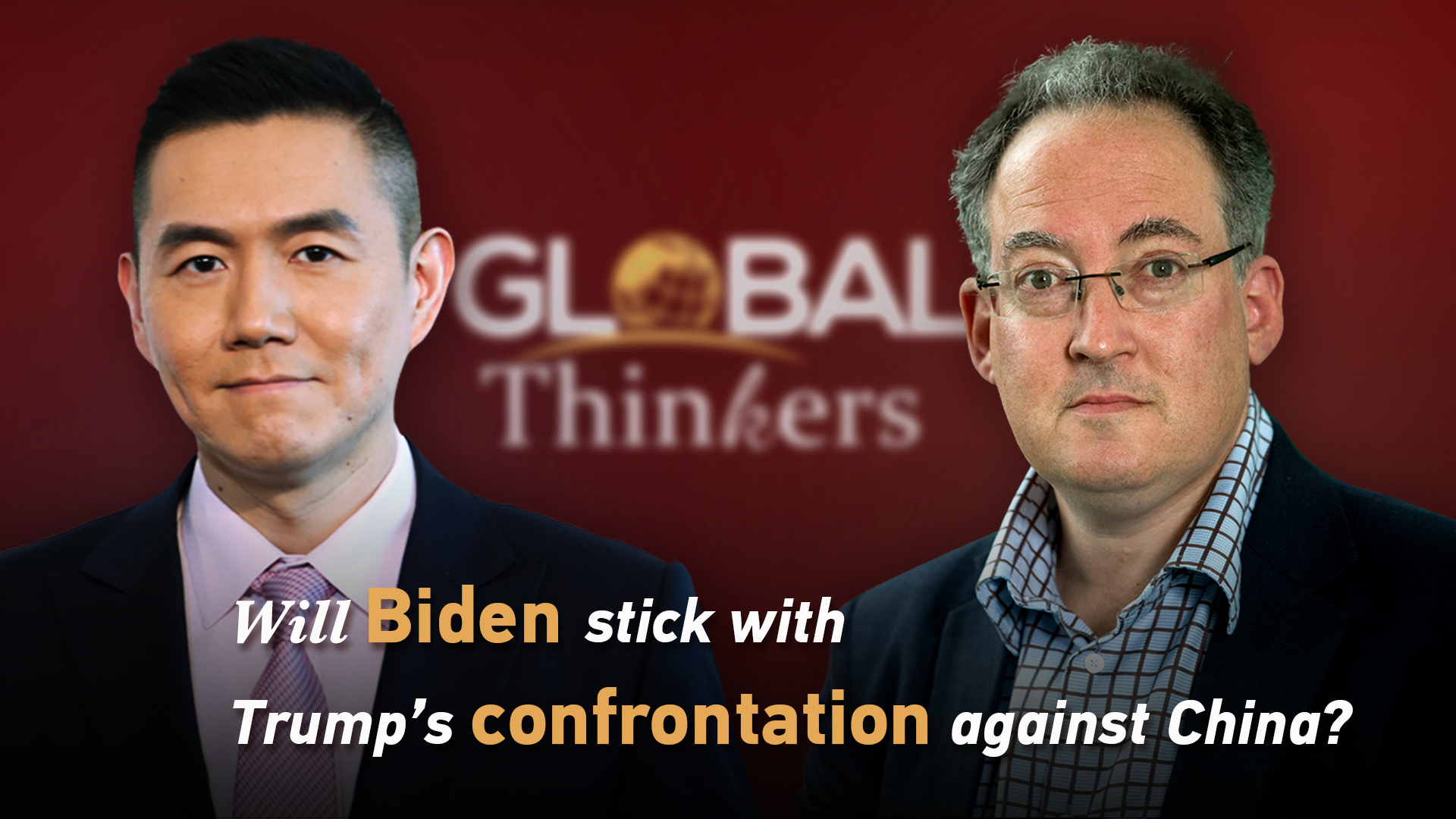
Gideon Rachman: Will Biden stick with Trump's confrontation against China?
Gideon Rachman, chief foreign affairs commentator at the Financial Times, talked to CGTN anchor Wang Guan on China-U.S. ties in the Biden era. He believes confrontation between the two countries will definitely remain, but Biden will be more strategic about his China policy.
2021-03-10 -
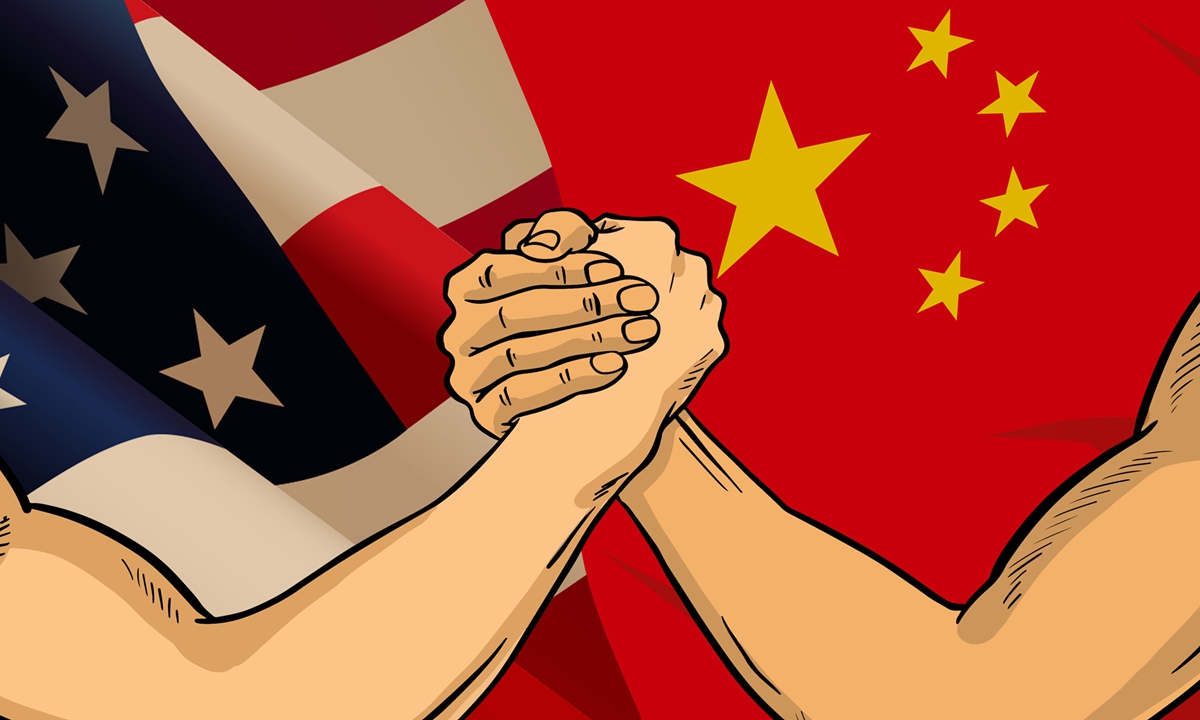
Wang Wen: US-China competition needs to be civil
During his press conference on the sidelines of the ongoing two sessions, Chinese State Councilor and Foreign Minister Wang Yi said, it is not surprising that there is competition between China and the US as their interests are intertwined, but the two sides should have healthy competition on the basis of fairness and equity. Many people may have not yet perceived the subtleties of this crucial statement.
2021-03-09 -
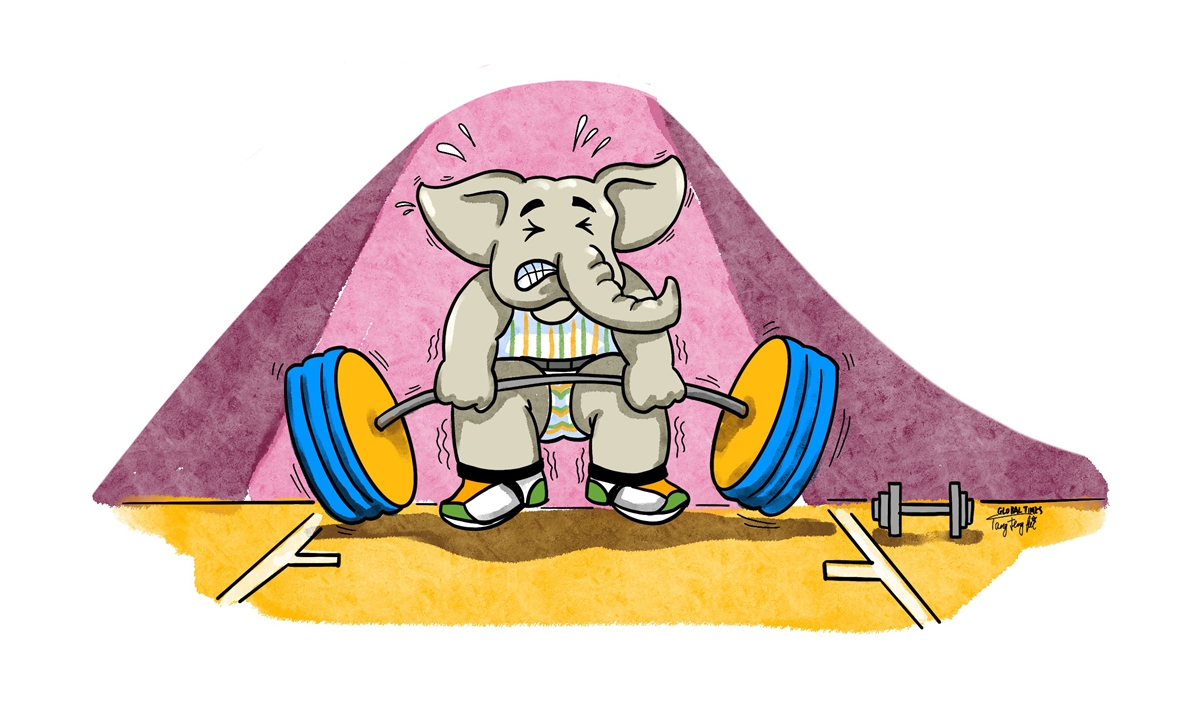
Liu Zongyi: ‘Cheaper costs than China’ not adequate to lure Tesla to India
In New Delhi's latest efforts to bolster India's manufacturing capacity, Nitin Gadkari, the transport minister of the South Asian country reportedly assured Tesla Inc with the cheapest manufacturing cost in world - even lower than China.
2021-03-04 -
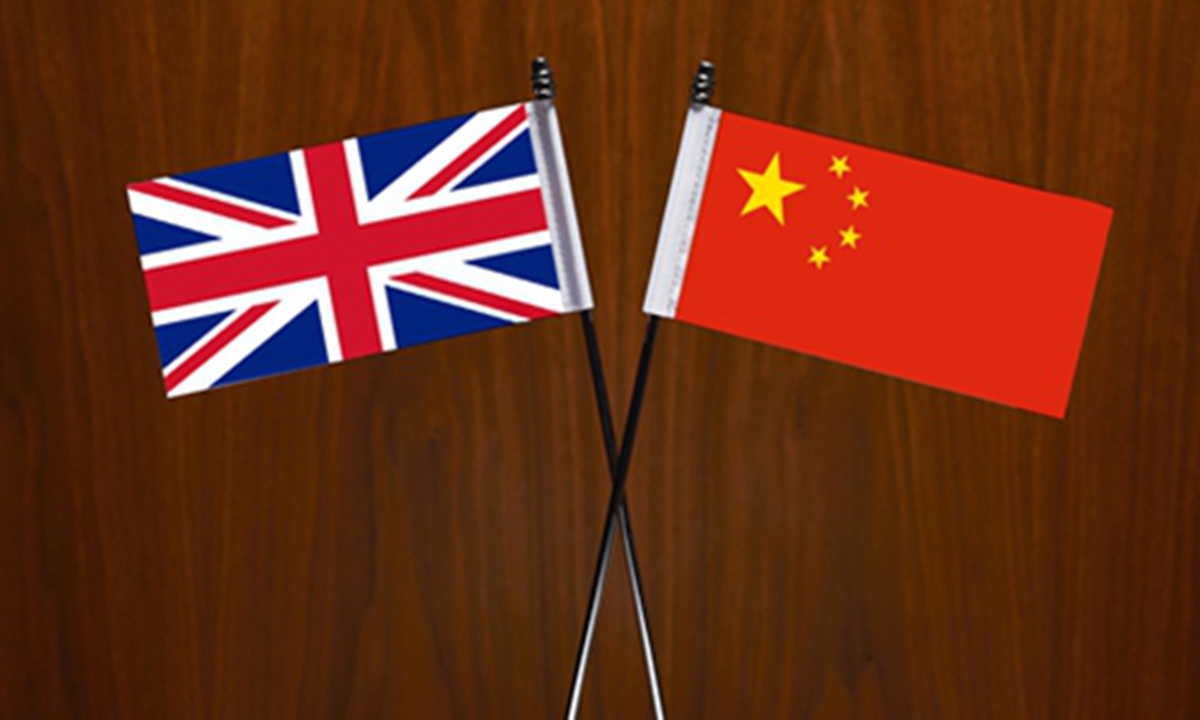
John Ross: ‘Golden era’ of China-UK relations almost over
With the UK's actions against China including interfering with China's internal affairs and revoking Chinese media outlet CGTN's license in the country, the "golden era" of relations between China and the UK that the two had enjoyed for the past six years is almost gone, a British scholar told the Global Times.
2021-03-03 -
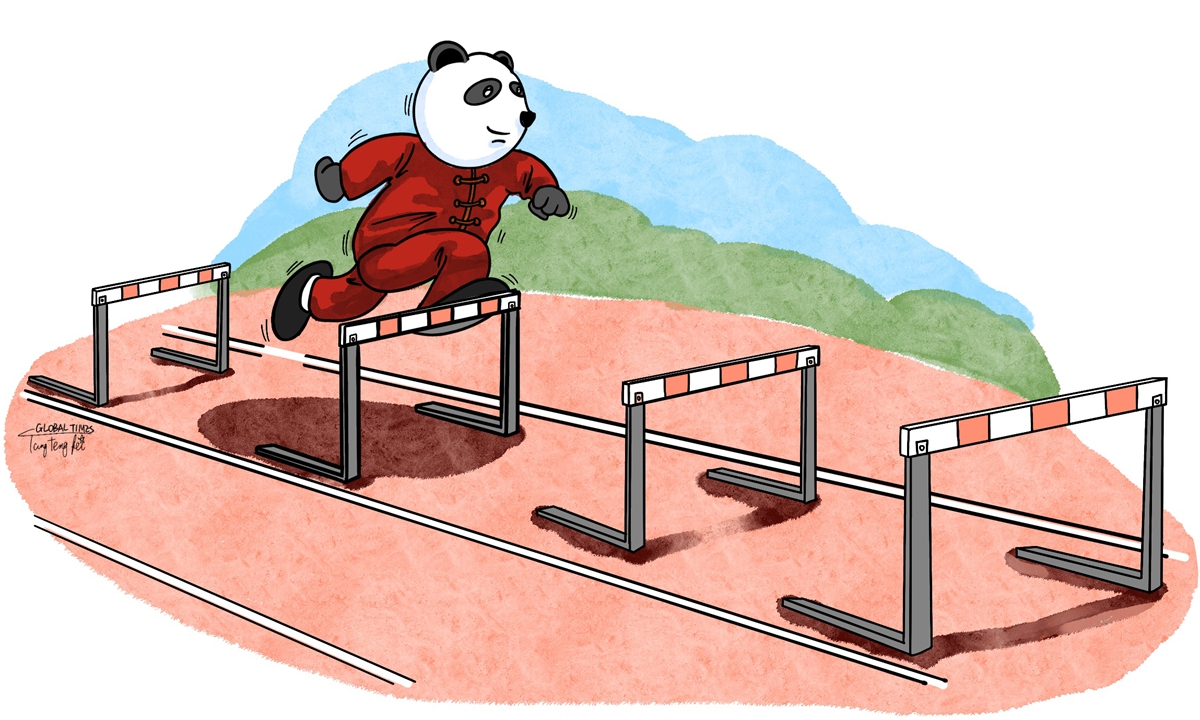
Wang Wen: China keeps head high facing unprecedented challenges in its global rise
China is facing a more complicated, difficult and diversified external environment for its rise than any other emerging powers in history since the modernization of humanity. International society today witnesses world historical seismic shifts: climate change and ecology, fierce competition between major powers and fragile national security in the digital era. Combined with external moral restraints on China's willingness for peaceful development, all are resonating with each other, setting a chain of obstacles for the nation's rise.
2021-03-02 -

He Yafei: Ushering in A New Chapter
Having passed through the turbulent torrents and navigated the dangerous shoals of 2020, the great river of history keeps roaring ahead in 2021, with tempestuous waves. Changes are accelerating as a host of global conundrums pile up, presenting harsh, unprecedented challenges for humanity.
2021-03-01 -
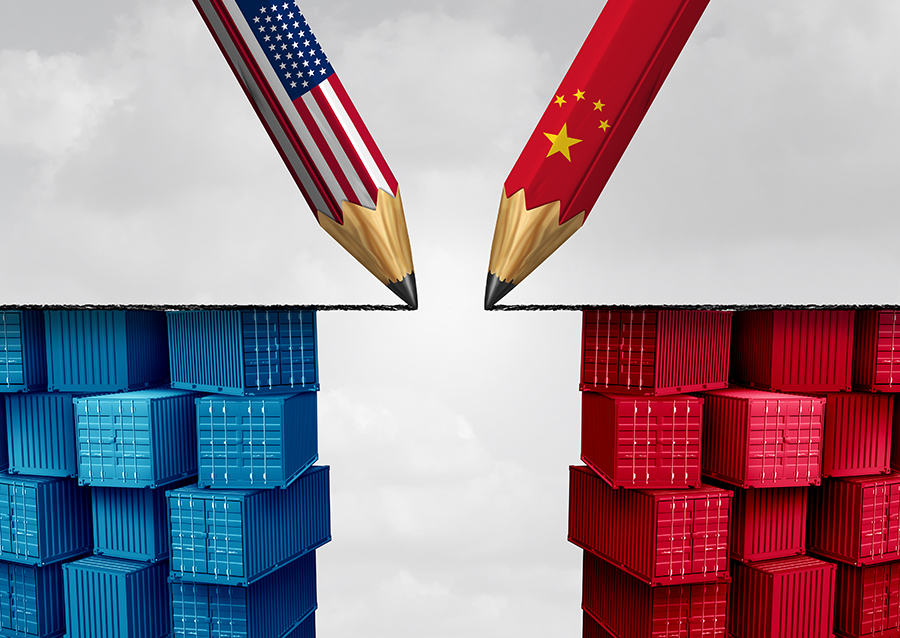
He Weiwen: Trade War Should End This Way
This year will be critical for China-U.S. trade relations. At the center is a question: Will the Biden administration bring a substantive change to Trump’s hostile policy and cooperate with China to bring bilateral trade relations back to a stable development track?
2021-03-01 -
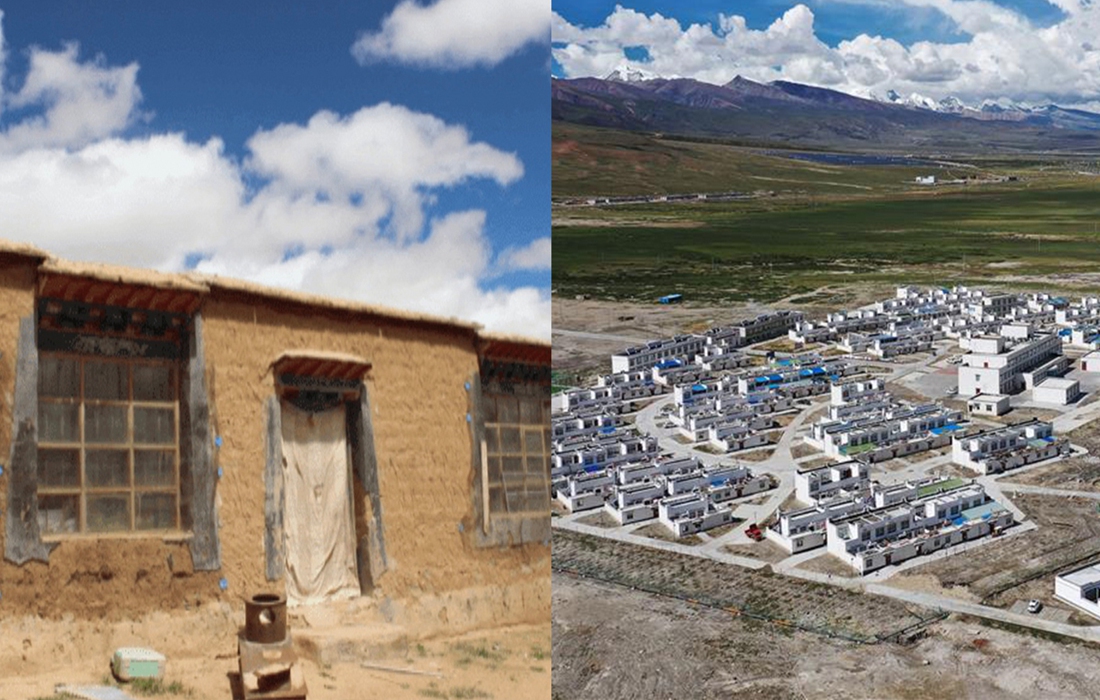
China’s victory offers clues to global campaign against poverty
Chinese President Xi Jinping solemnly declared "complete victory" in eradicating absolute poverty during a conference in Beijing on Thursday. China has lifted all rural poor people out of extreme poverty under the current standard, with 832 counties, 128,000 villages, and nearly 100 million impoverished people shaking off poverty. How did China make it? What does the role of the ruling Communist Party of China (CPC) play during the arduous process? Four foreign experts shared their views with the Global Times on China's successful poverty alleviation.
2021-02-26 -
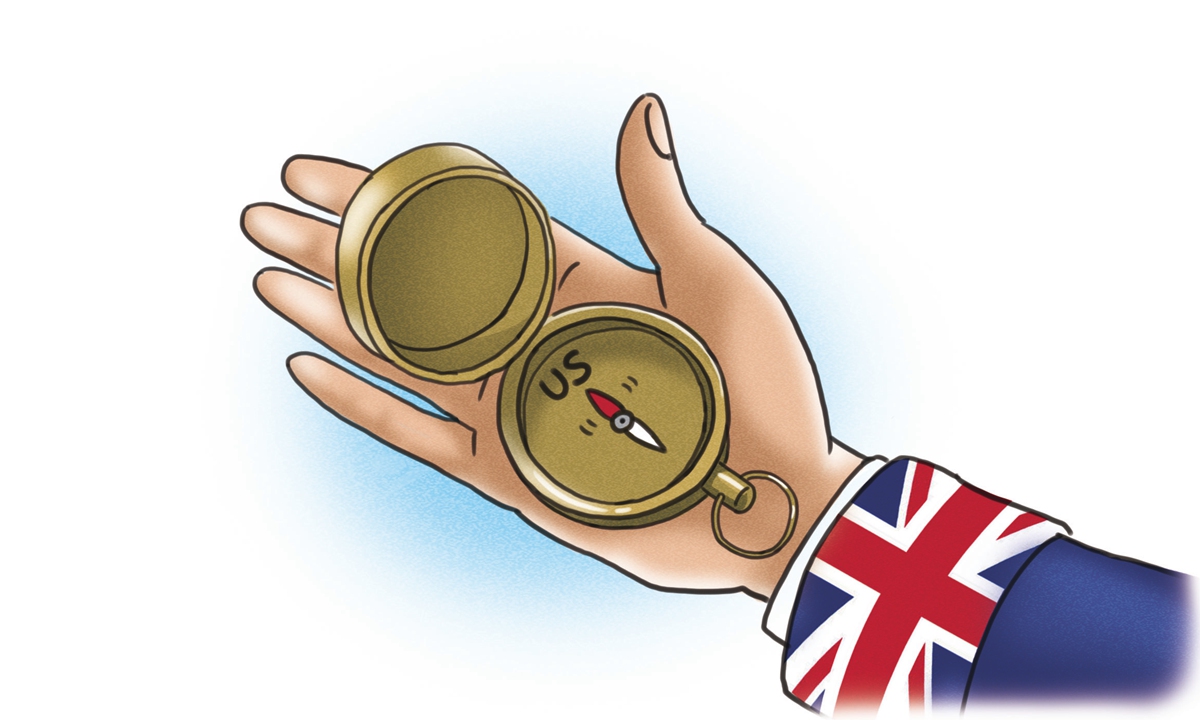
John Ross: London’s China policy will be decided in DC
The UK has become a center of a new cold war with anti-China government activity. It has banned the TV broadcasting of China's English language CGTN network. It has overturned its previous decision to allow Huawei to participate in the development of the UK's 5G network. It has announced its intention to send an aircraft carrier to the South China Sea. This is in such sharp contrast to the "golden period" of China-British relations, under former British prime minister David Cameron. This poses at least two questions. Why did this change occur? What general lessons can be drawn from it?
2021-02-23 -
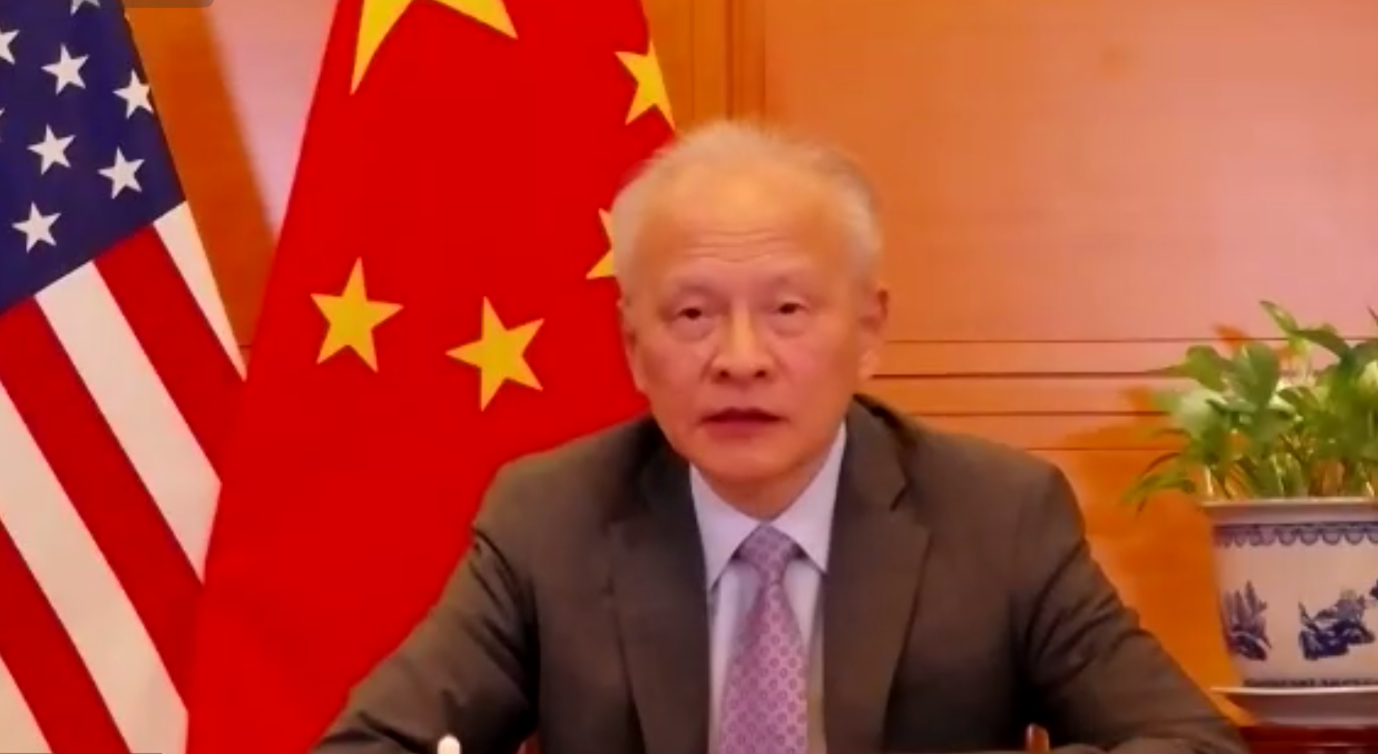
Cui Tiankai: China will never back down, the red line must be followed
On February 22, the Lanting Forum on "Promoting Dialogue and Cooperation and Managing Differences: Bringing China-U.S. Relations Back to the Right Track", jointly hosted by the China Public Diplomacy Association, Peking University and Renmin University of China, was successfully held. State Councilor and Foreign Minister Wang Yi attended the opening ceremony of the forum and delivered a keynote speech. Cui Tiankai, Chinese Ambassador to the United States delivered speeches at the opening ceremony. The Chongyang Institute for Financial Studies at Renmin University of China(RDCY) is one of the main organizers of this forum. The following is the full text of the speech.
2021-02-22 -
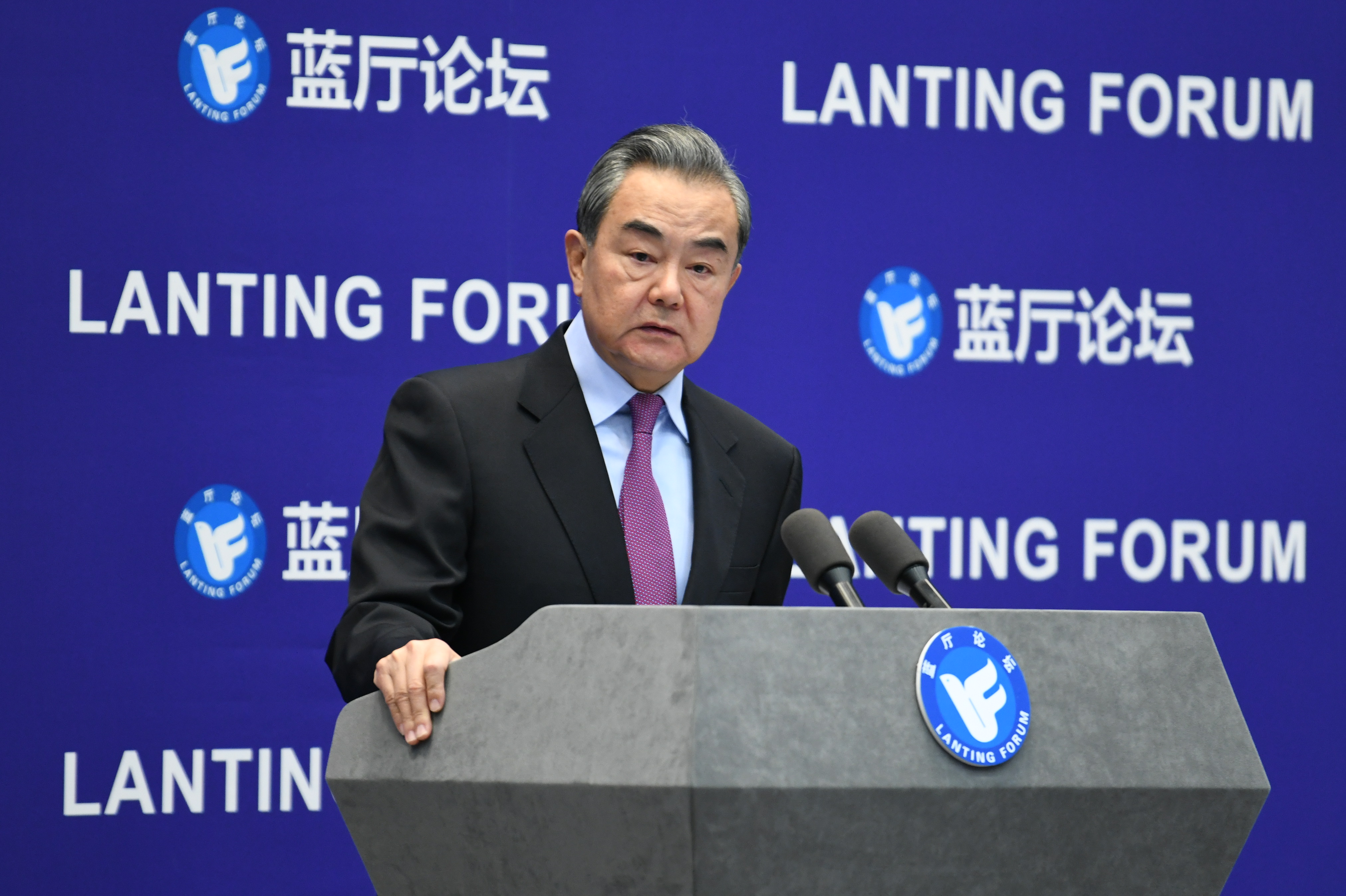
Calling China-U.S. ties 'at crossroads,' Wang Yi urges 'non-conflict, non-confrontation' relationship
Describing ties between the world's two biggest economies as "at a crossroads," Chinese State Councilor and Foreign Minister Wang Yi on Monday urged a "non-conflict, non-confrontation" relationship between China and the United States.
2021-02-22 -
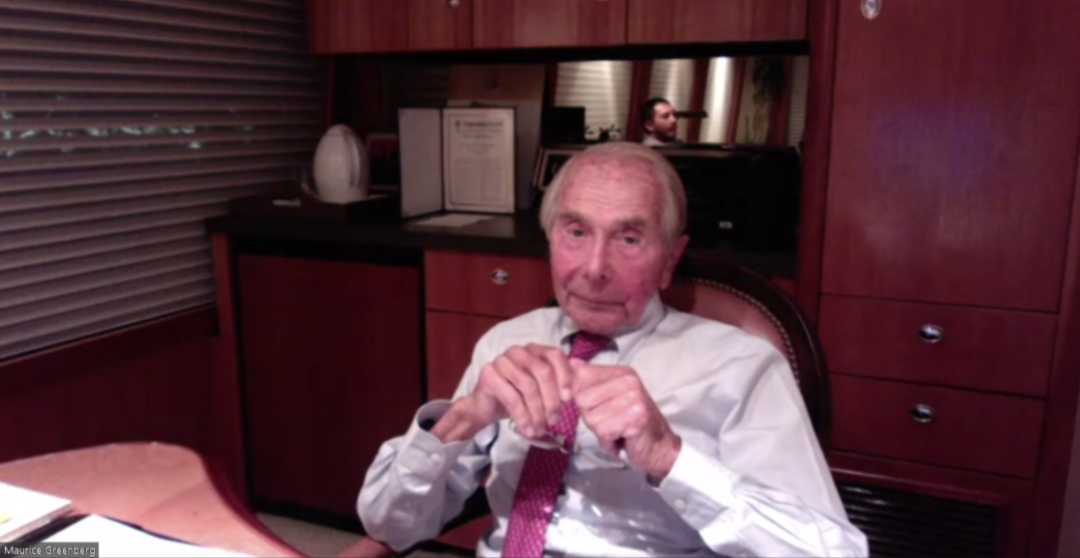
Maurice Greenberg: Cooperation between China and US is the best way to resolve any differences
there is no more important relationship in the world today than the U.S. China Relations. For one reason or another it has gotten off track, and both nations need to recognize that cooperation between our two countries is the best way to resolve any differences that exist.
2021-02-22 -
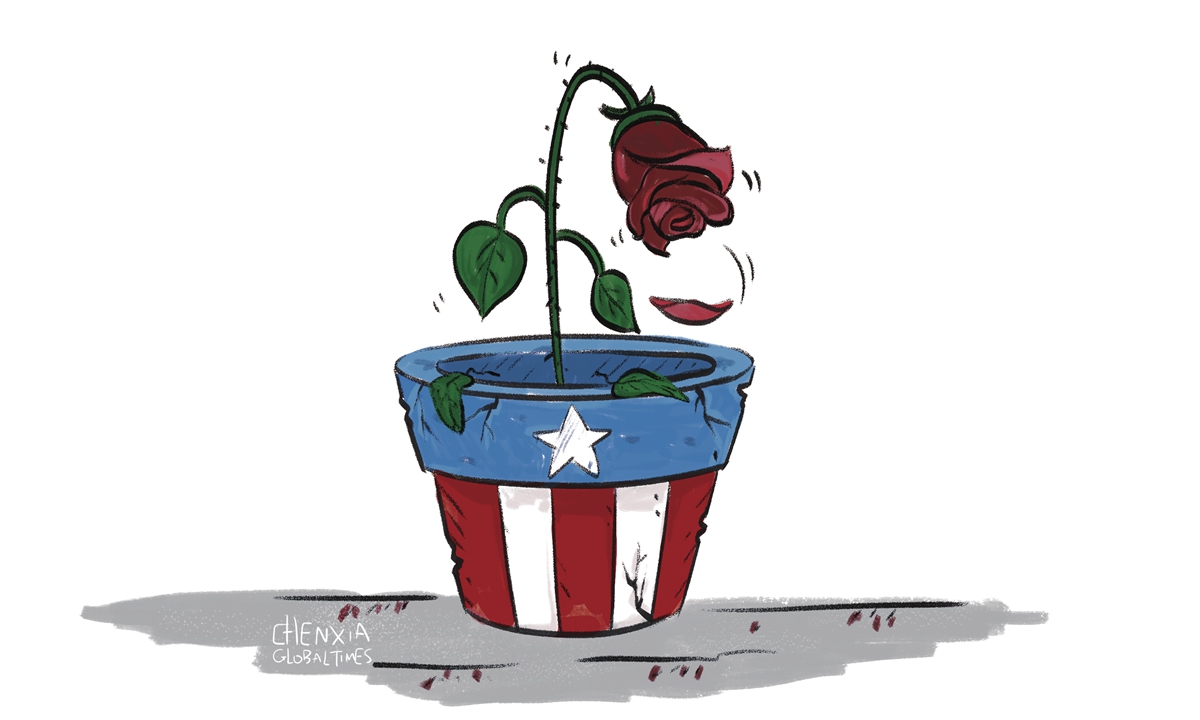
Ding Gang: Will world wait for US to repair its civilization?
On March 19, 2003, US forces began invading Iraq. At that time, I was having dinner with a friend at Times Square in New York City. At around eight o'clock in the evening, the busiest time in Manhattan, TV screens in bars were also showing busy scenes including scenario planning on sand tables, maps, animations, experts and journalists on the frontline.
2021-02-19 -
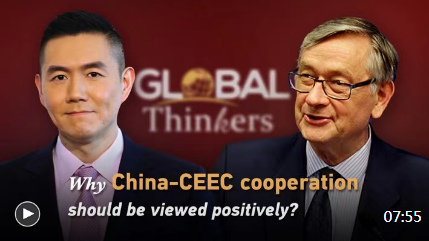
Why should China-CEEC cooperation be viewed positively?
On Tuesday, the Summit of China and Central and Eastern European Countries (CEEC) was held via video link. Danilo Türk, former President of Slovenia, President of the World Leadership Alliance - Club de Madrid, and a Non-resident Senior Fellow at Chongyang Institute for Financial Studies, Renmin University of China (RDCY), talked to CGTN anchor Wang Guan about China-CEEC cooperation where he addressed skepticism facing the cooperation and highlighted its positive impact on the region.
2021-02-18 -
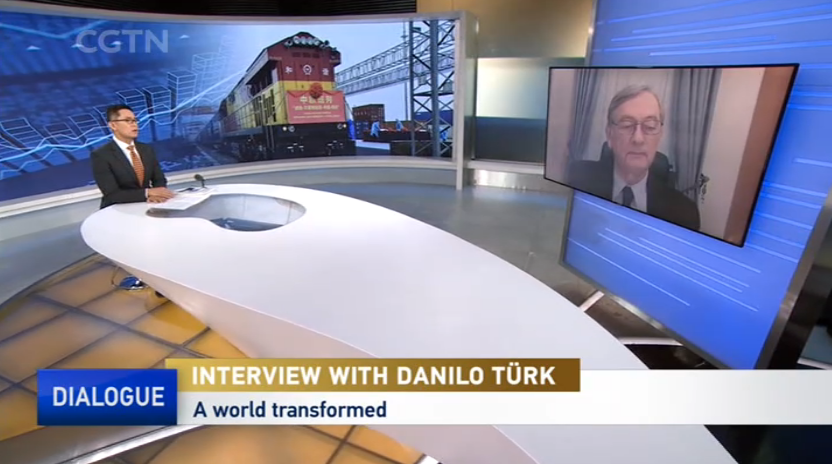
Danilo Türk interviewed by CGTN on the transformed World
Danilo Türk, former President of Slovenia, President of the World Leadership Alliance - Club de Madrid, and a Non-resident Senior Fellow at Chongyang Institute for Financial Studies, Renmin University of China (RDCY), released his new book "A World Transformed: Reflections on the International System, China and Global Development" in China. On February 9, CGTN's Dialogue program interviewed with him on the topics such as "the transformed World","China and global development". The following is the video of the interview.
2021-02-18 -
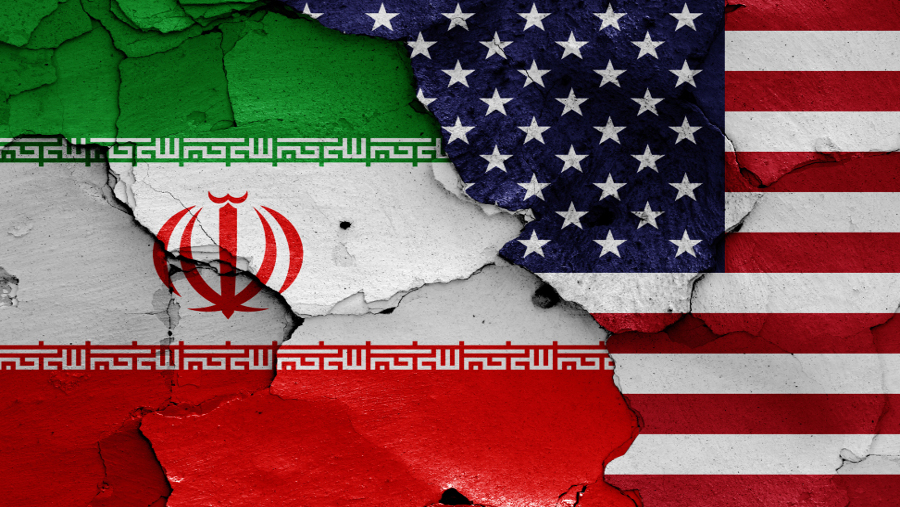
Djoomart Otorbaev: Iran vs U.S.: Who will blink first?
The war of words over the Iranian nuclear deal has reached its climax. This week, U.S. President Joe Biden and Iran's Supreme Leader Ayatollah Ali Khamenei made new sharp statements. At the same time, both Iran and the United States are aware of the need to restore, in one form or another, the Joint Comprehensive Plan of Action (JCPOA).
2021-02-18 -
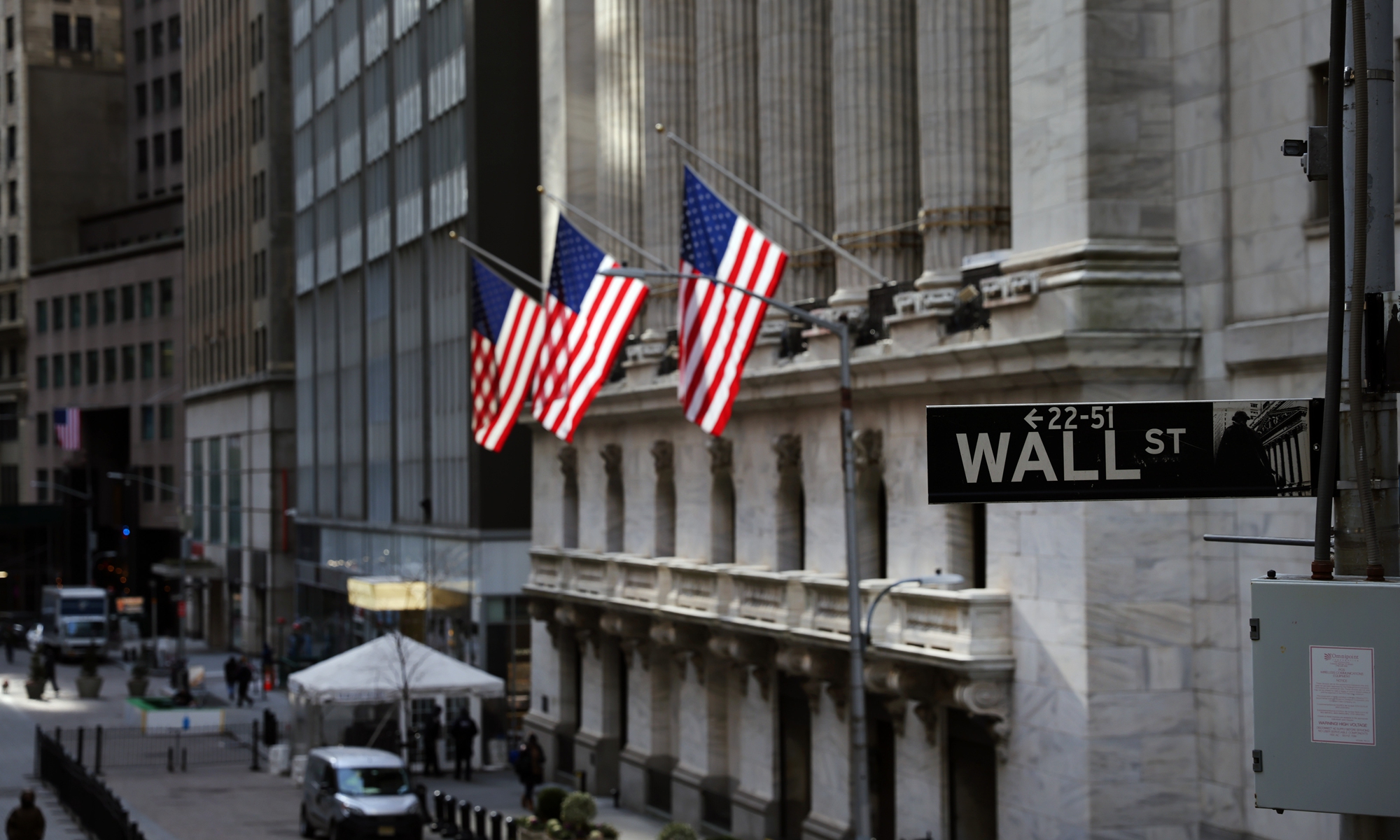
Ding Gang: Wall Street soars, deepens America’s divisions
As the US' political center, Washington has always been the focus of global attention. Most of the recent news regarding the US' election happened in Washington DC. But there is another, perhaps more important, center in the US, and that is New York City. That's why terrorists targeted the twin towers of the World Trade Center, next to Wall Street, in New York on September 11, 2001.
2021-02-04 -
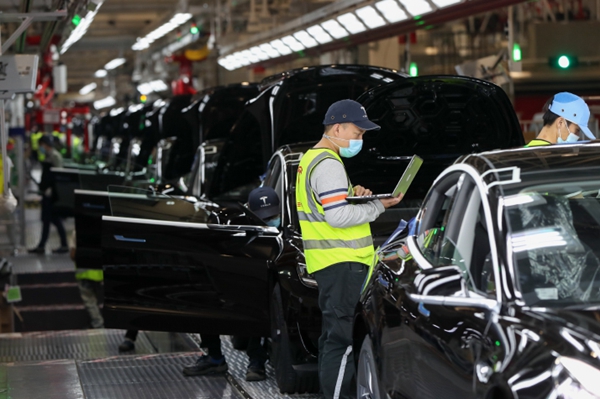
Despite COVID-19 China remained largest FDI recipient in 2020
Despite the havoc and global investment contraction caused by the novel coronavirus disease (COVID-19) pandemic, China was a honeypot for global investors in 2020 and even created a record.
2021-02-04 -
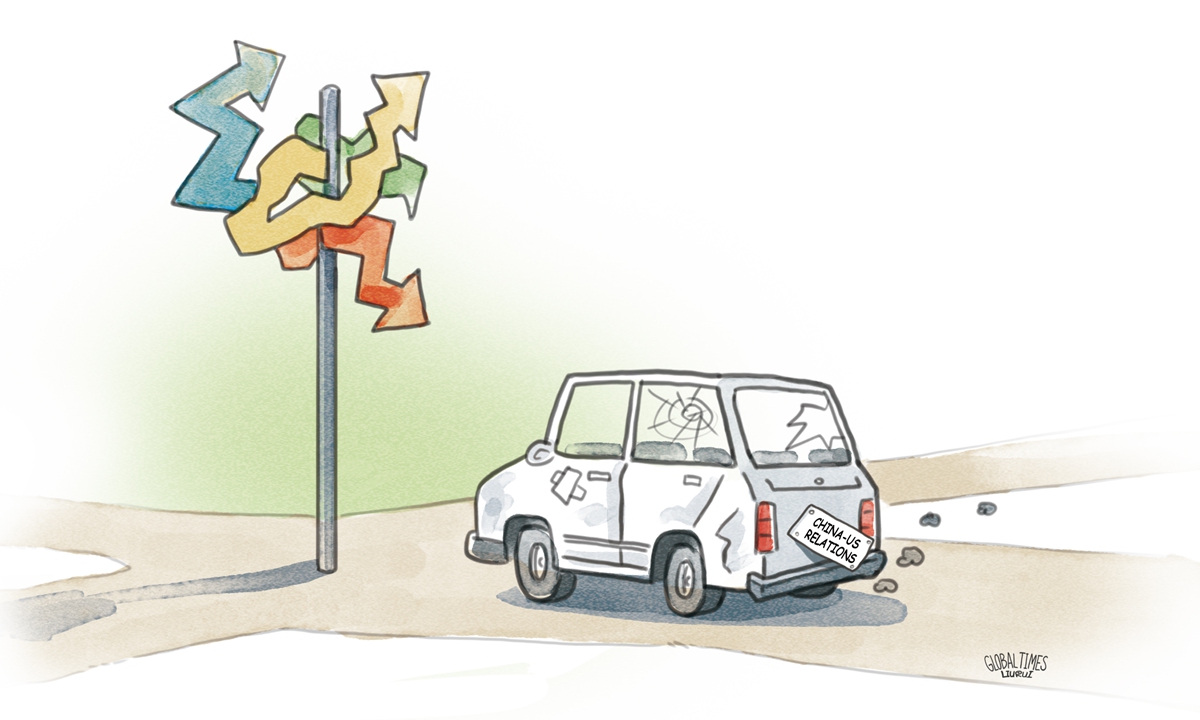
Wang Wen: Can China and US coexist and escape Douglas Paal’s forecasted dilemma?
In the era when groups of senior thinkers occupied the mainstream of American think tank circles, the US view of China was generally rational and tolerant, defined by frequent dialogues, which I miss very much.
2021-02-02 -
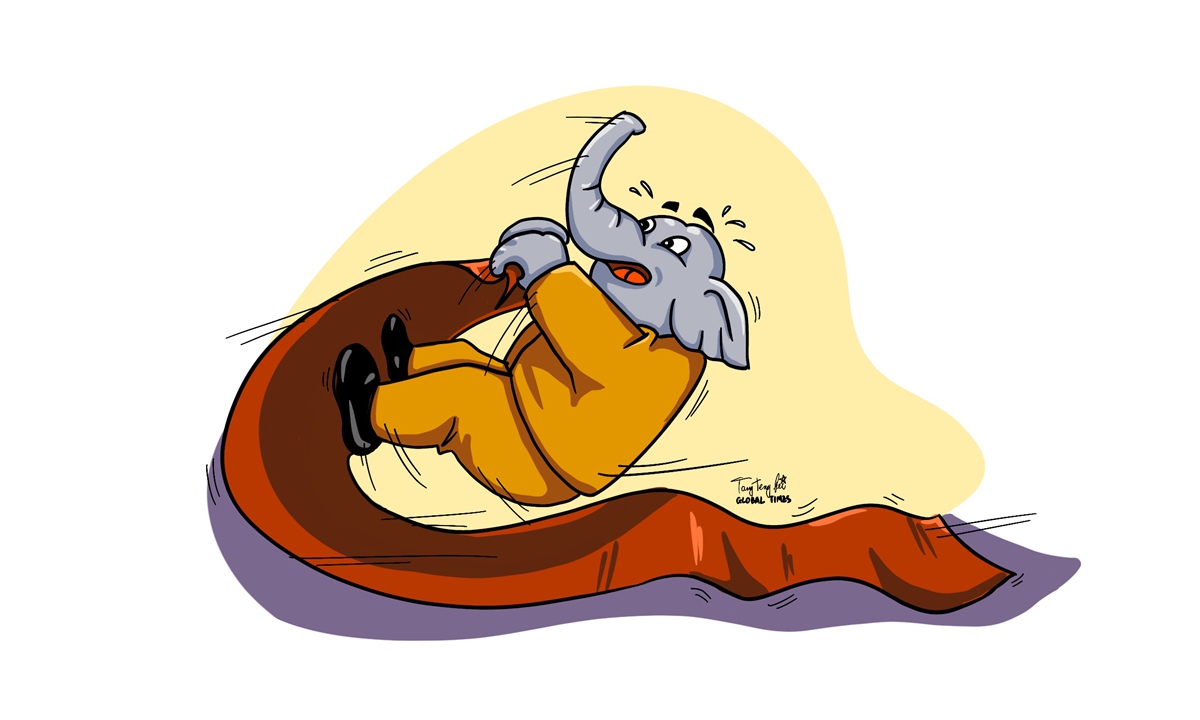
India’s plan on issuing official digital currency premature
As countries, especially developed economies, are paying accelerating efforts on developing official digital currencies, India has also repeated its intention to follow up the agenda, with latest efforts on weighing a new law to ban private crypto-currencies and to pave the way for official digital currency issuance. However, with currently insufficient financial and technological prerequisites, it may not be a mature decision for India.
2021-02-02
























































































 京公网安备 11010802037854号
京公网安备 11010802037854号





